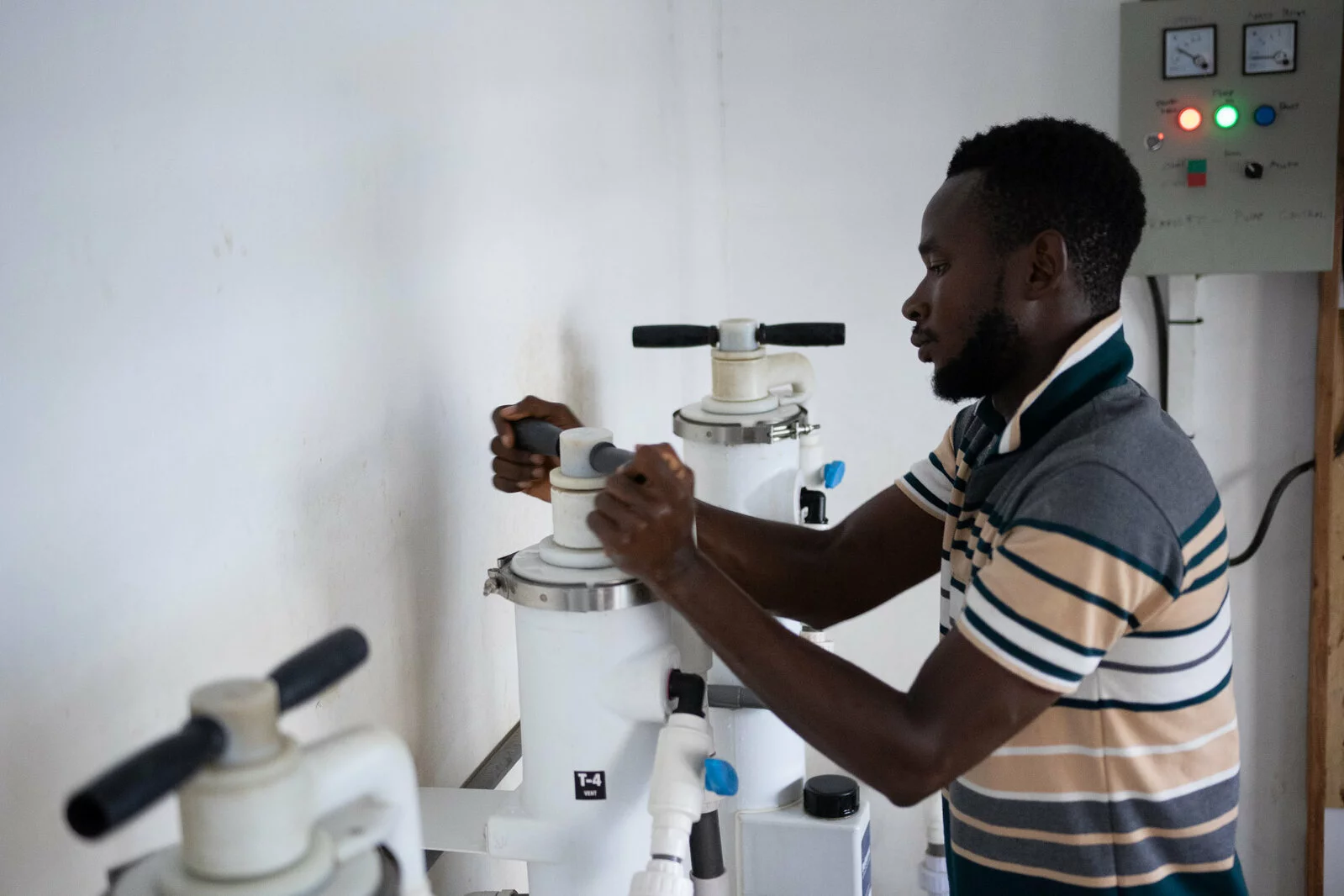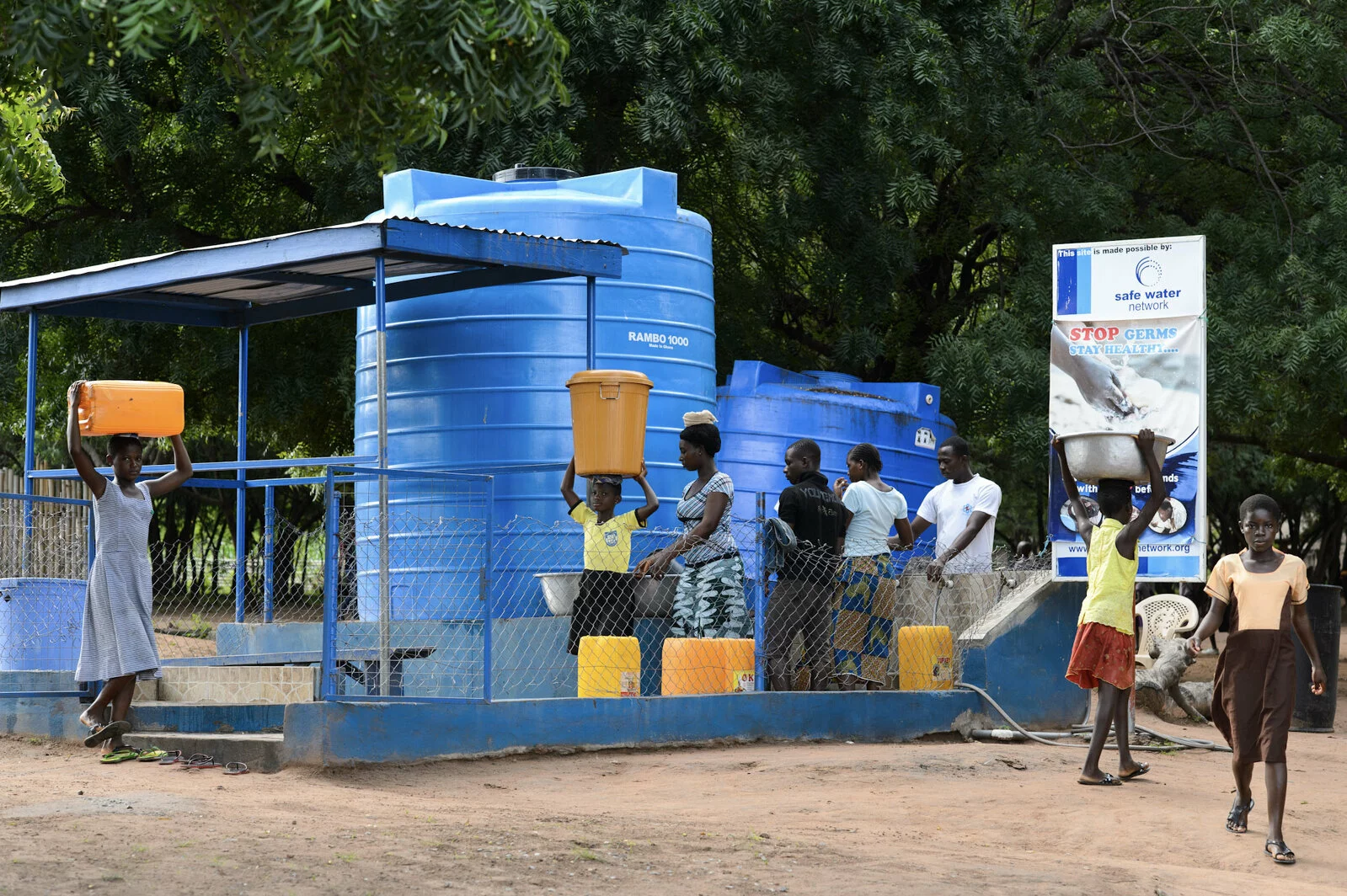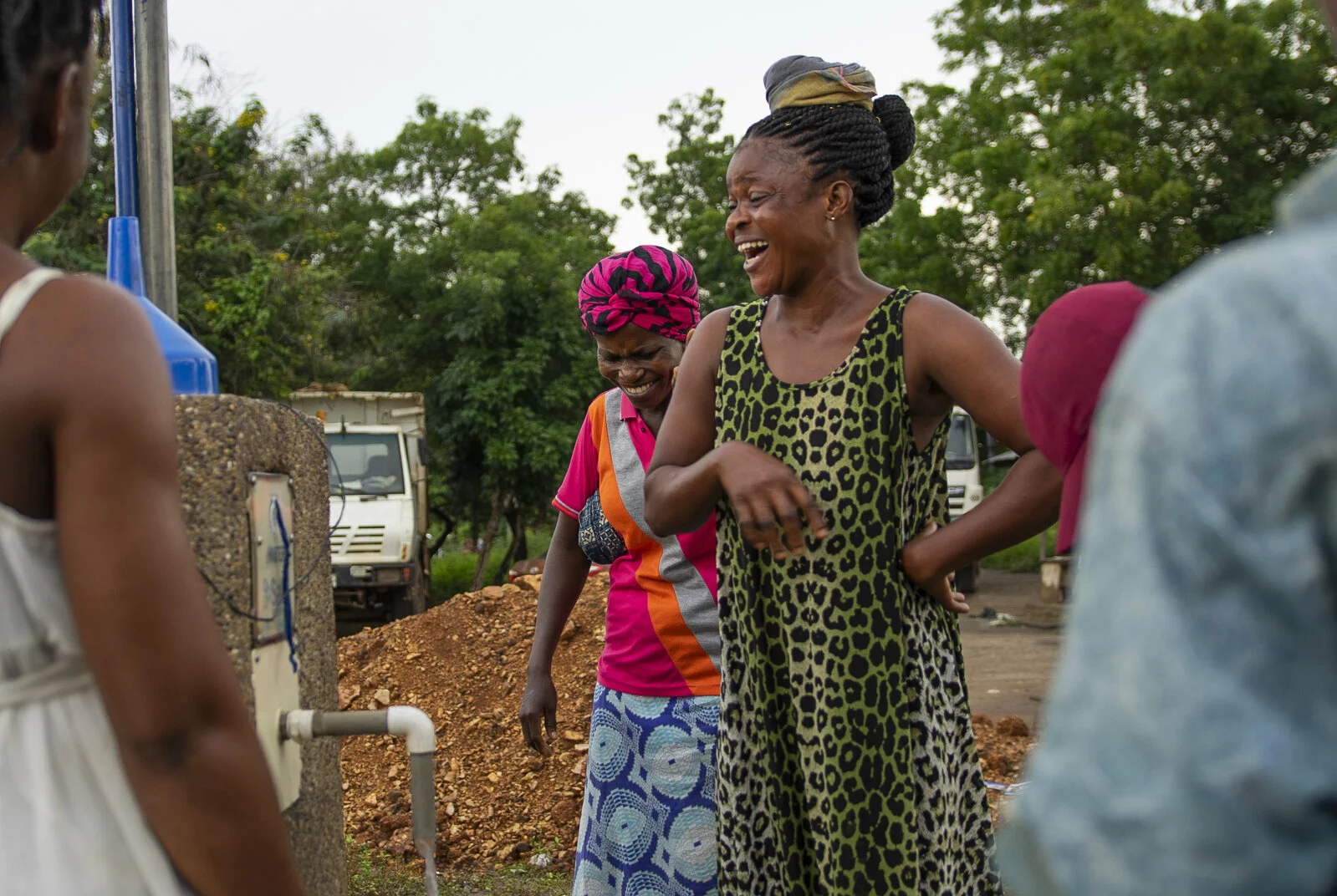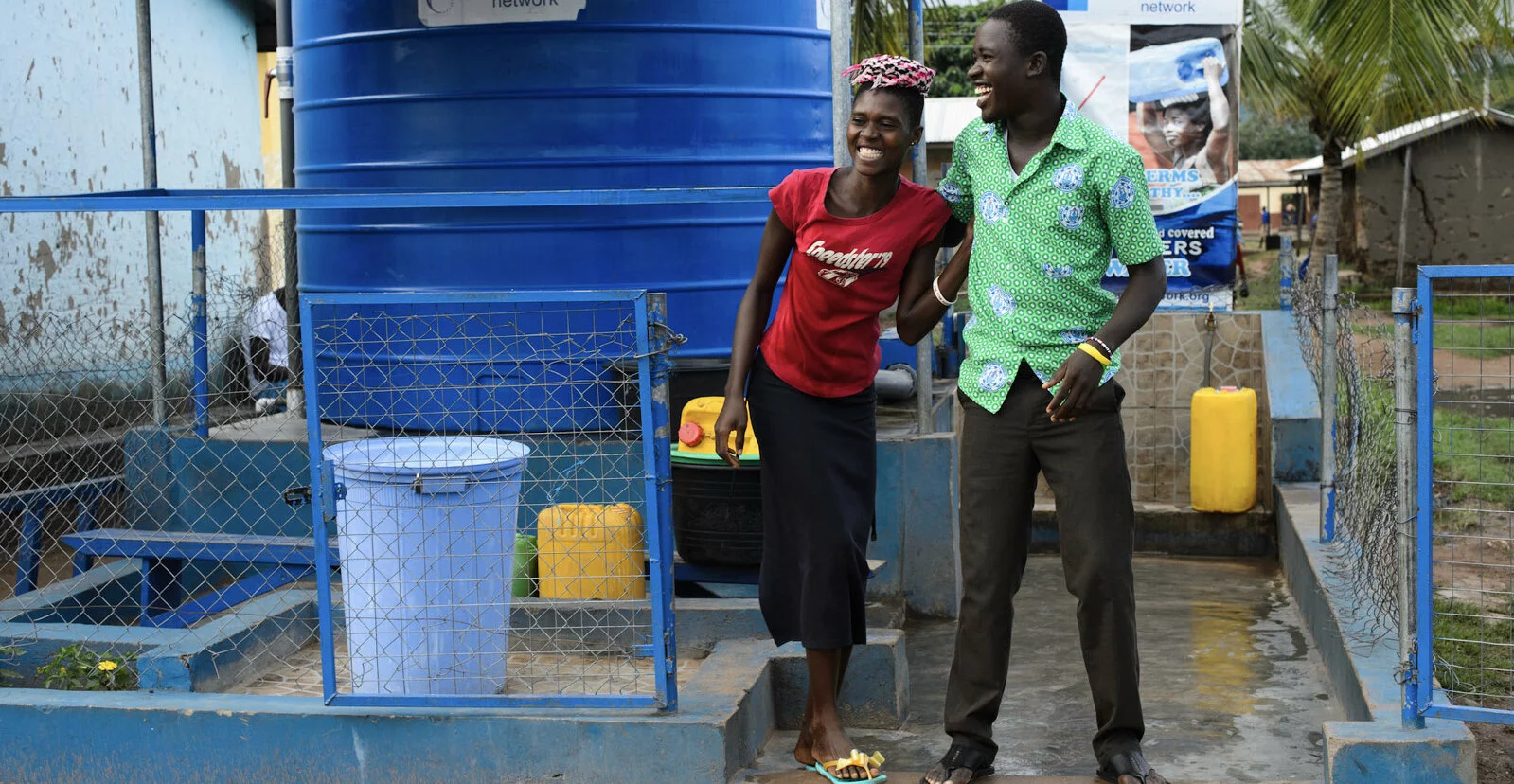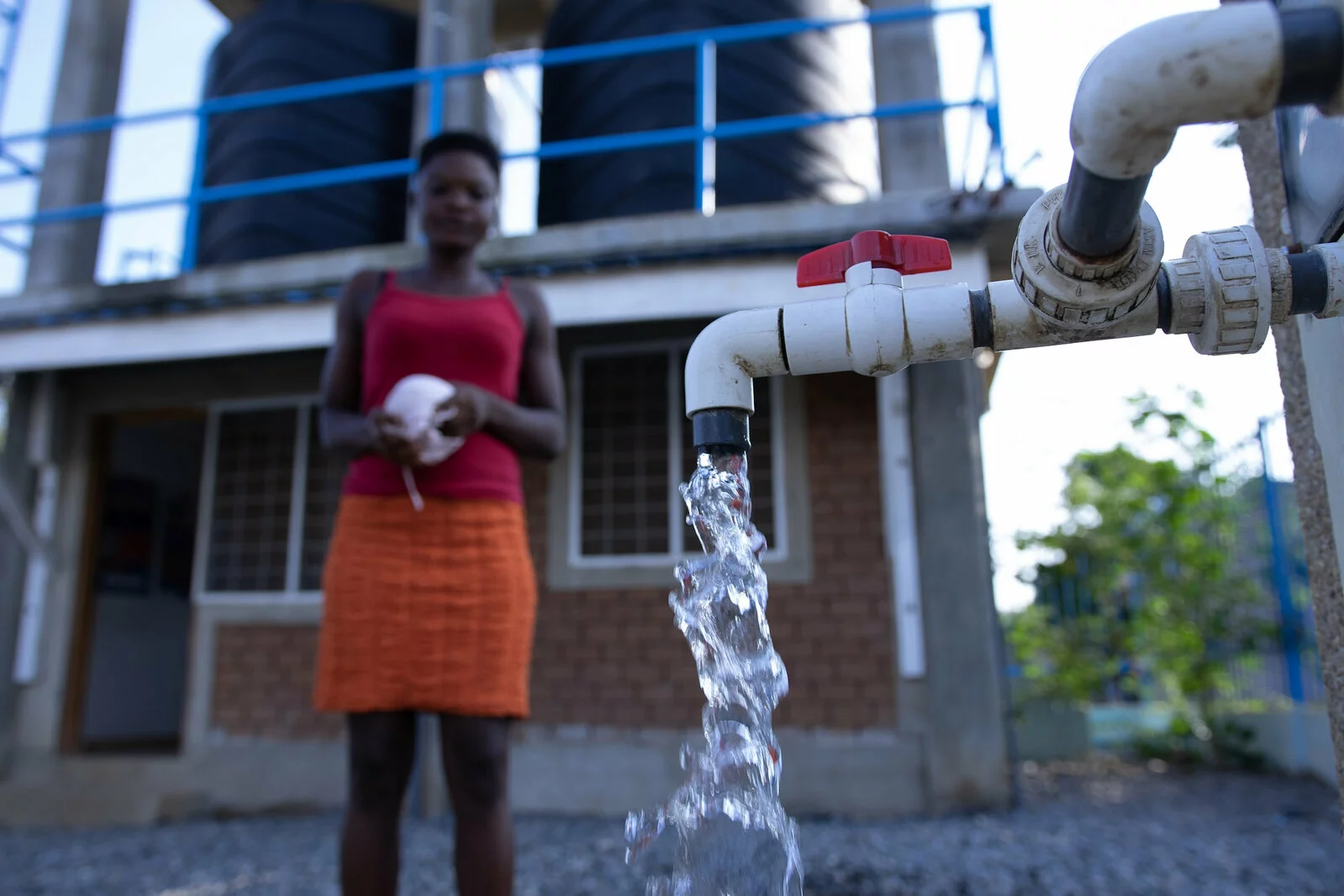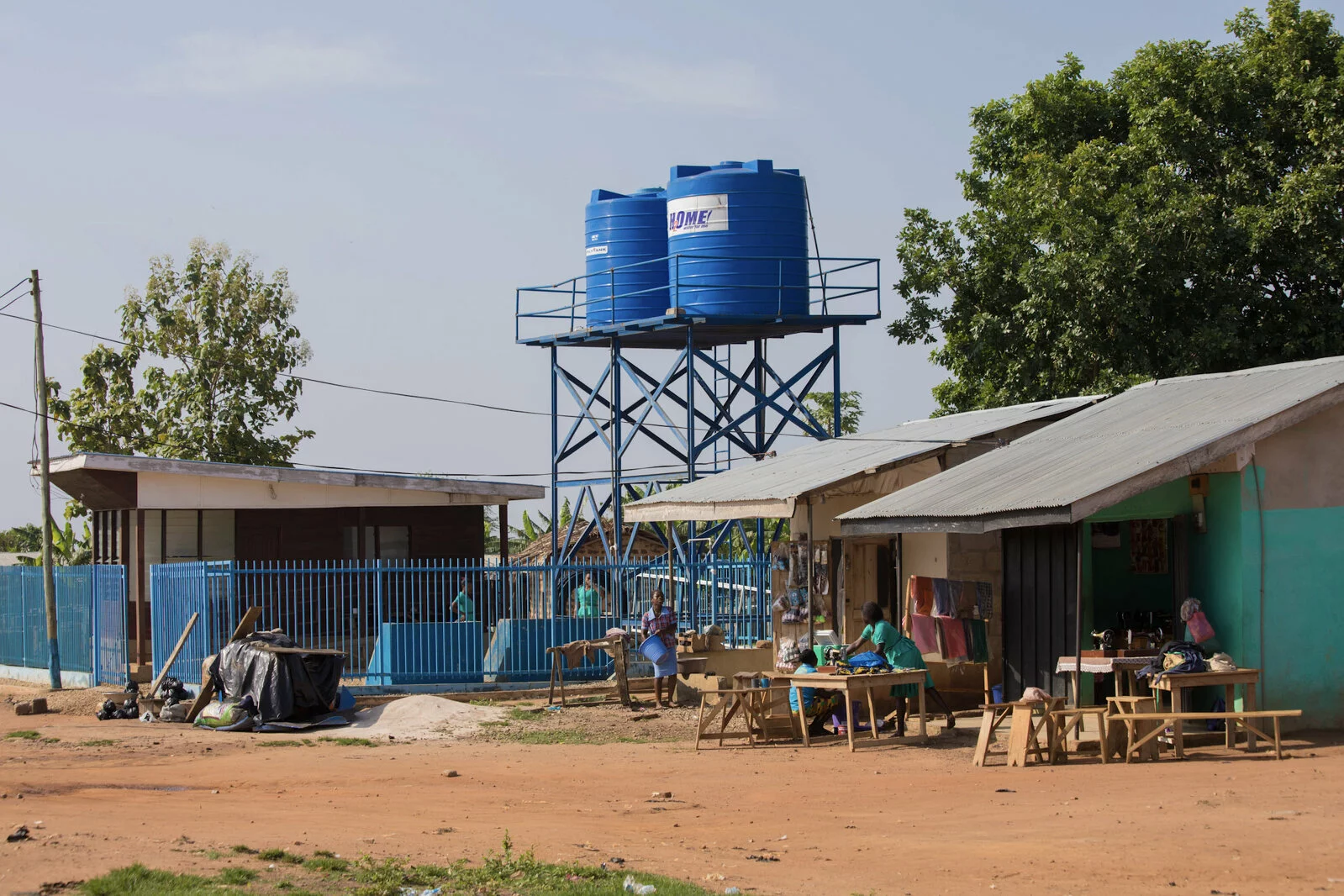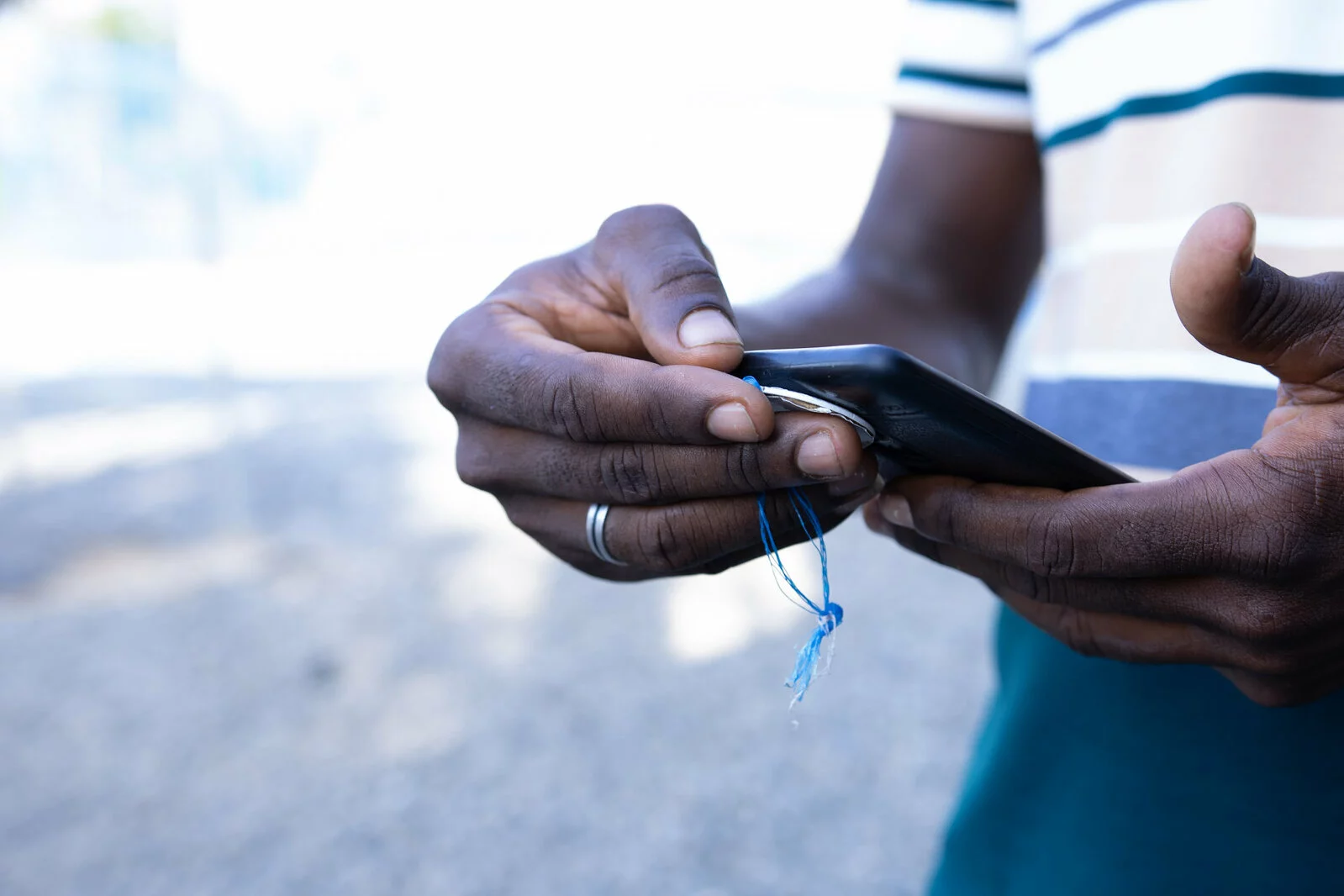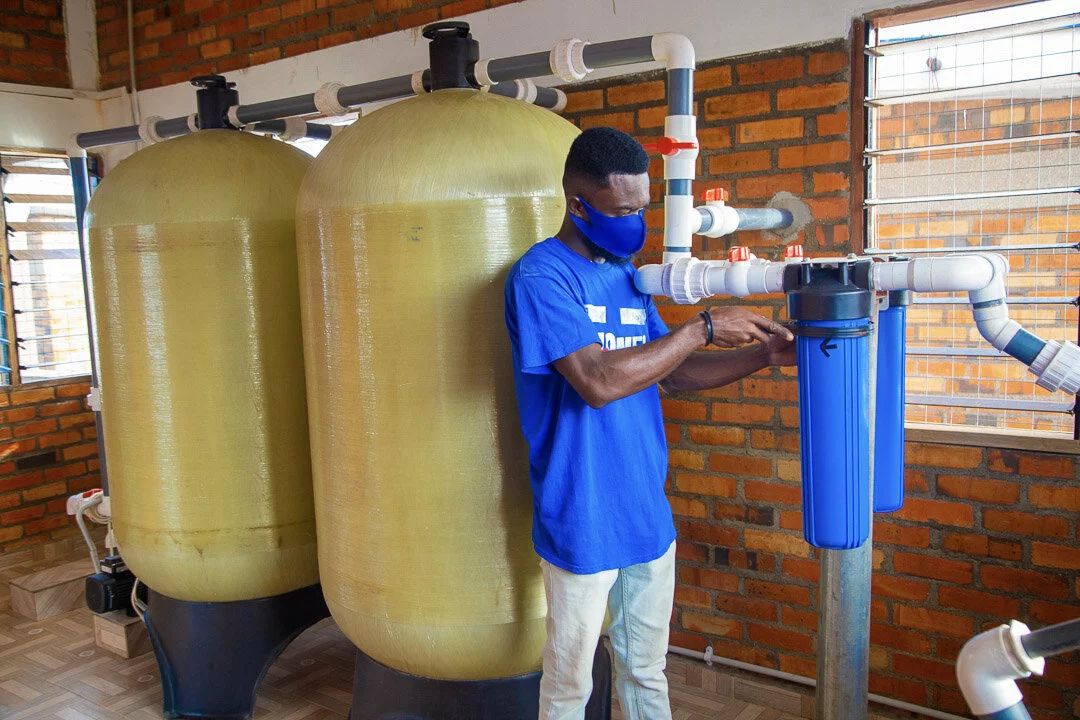Ghana Sector Review (2013)
By: Safe Water Network
This study focused on how market-based approaches (both commercial and hybrid solutions) can provide the rural and small-town poor in Ghana with safe drinking water. These communities typically do not have access to municipal water systems, making long-term and financially sustainable solutions a necessity to serve local communities. Safe Water Network determined that community-level market-based solutions can serve between 4 and 8 million people without easy access to safe drinking water.
Leveraging the Potential of Community-Based Market Solutions
The Conrad N. Hilton Foundation has invested considerable resources into Ghanian communities without access to safe drinking water, leveraging Safe Water Network’s extensive field experience to assess the potential of community-based market solutions. Safe Water Network identified key barriers and defined solutions, creating a pathway to address pressing issues such as alleviating system costs and identifying viable modes for technical servicing.
Supporting resources:
